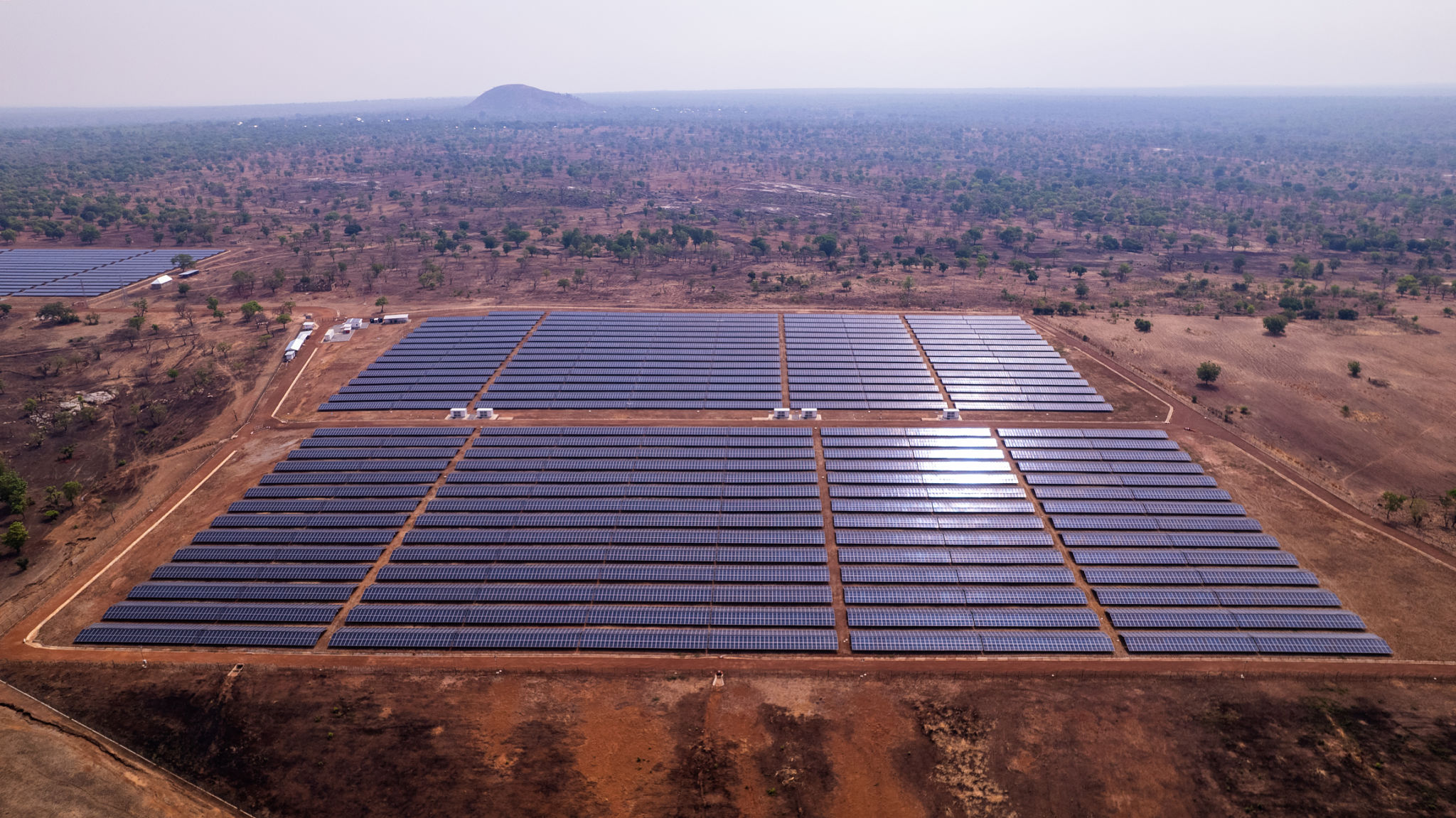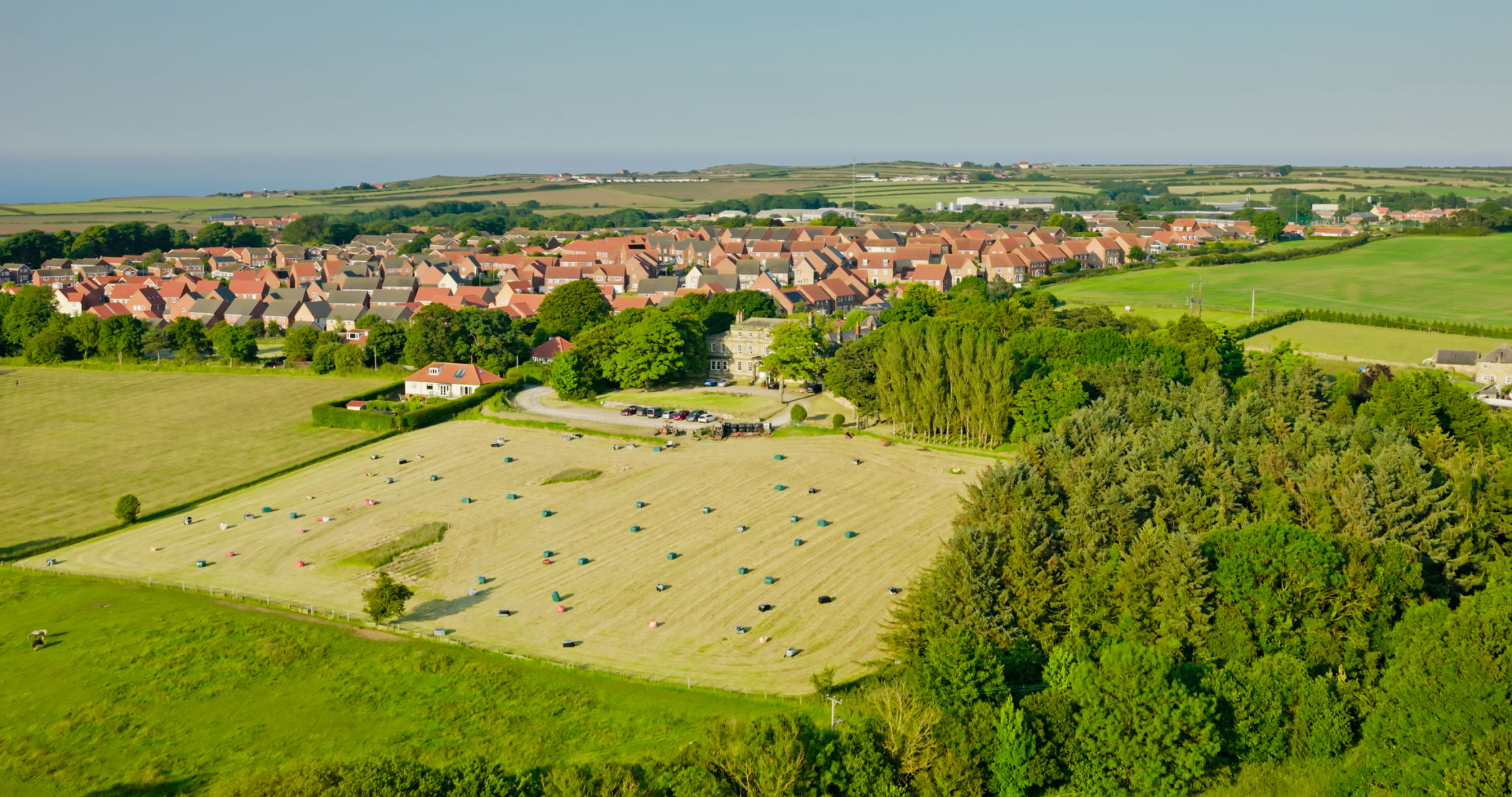How to Build a Sustainable Agricultural Business in Ghana
Understanding the Agricultural Landscape in Ghana
Ghana's agriculture sector is a cornerstone of its economy, providing employment to about 60% of the workforce and contributing significantly to GDP. The country's fertile land and favorable climate make it ideal for diverse agricultural activities. However, building a sustainable agricultural business requires a keen understanding of local conditions, challenges, and opportunities.
Sustainable agriculture in Ghana involves the integration of practices that enhance productivity while preserving the environment and ensuring the wellbeing of communities. With the growing demand for food and agricultural products, there's an opportunity for businesses to thrive by focusing on sustainability.

Choosing the Right Crops and Livestock
When starting an agricultural business in Ghana, selecting the right crops and livestock is crucial. It’s important to consider factors like climate suitability, soil type, and market demand. Key crops include cocoa, maize, cassava, and plantains, while poultry and livestock farming are also popular ventures.
Conducting a market analysis can help identify which products have the highest demand. Additionally, considering indigenous varieties and breeds could provide a competitive edge as they are often more resilient to local pests and diseases.
Implementing Sustainable Practices
Adopting sustainable farming practices is vital for long-term success. Techniques such as crop rotation, agroforestry, and organic farming can help maintain soil health and enhance biodiversity. Utilizing renewable energy sources like solar power for irrigation can also reduce costs and environmental impact.
Integrating modern technology such as precision agriculture tools can further improve efficiency. These technologies help in monitoring crop health, optimizing input use, and predicting yields more accurately.

Accessing Finance and Resources
Securing funding is often a significant hurdle for agricultural entrepreneurs. In Ghana, various financial institutions offer loans tailored to the agricultural sector. Additionally, government programs and international organizations provide grants and technical assistance to support sustainable agriculture initiatives.
It's essential to prepare a comprehensive business plan that outlines your strategy for sustainability and profitability. This plan should highlight your understanding of market dynamics, production costs, and revenue streams to attract potential investors.
Engaging with Local Communities
Building strong relationships with local communities can enhance the sustainability of your agricultural business. Engaging with farmers' cooperatives and associations can provide valuable insights and access to shared resources. Moreover, employing local labor not only boosts the regional economy but also fosters goodwill and support for your business.

Navigating Regulatory Requirements
Understanding and adhering to regulatory requirements is critical for operating a legitimate agricultural business in Ghana. This includes obtaining necessary permits, complying with environmental regulations, and ensuring food safety standards are met.
Engaging with local authorities and industry bodies can provide guidance on compliance issues and help navigate the regulatory landscape effectively.
Marketing Your Agricultural Products
A strong marketing strategy is essential for reaching potential customers both locally and internationally. Leveraging digital platforms can expand your reach, while participating in trade fairs and exhibitions can boost visibility.
Highlighting the sustainability aspect of your products can differentiate them in the market. Consumers are increasingly prioritizing environmentally-friendly products, making this an effective selling point.
Conclusion: The Path Forward
Building a sustainable agricultural business in Ghana requires a combination of strategic planning, community engagement, and innovative practices. By focusing on sustainability, entrepreneurs can not only contribute to Ghana's economic growth but also ensure long-term success for their businesses.

